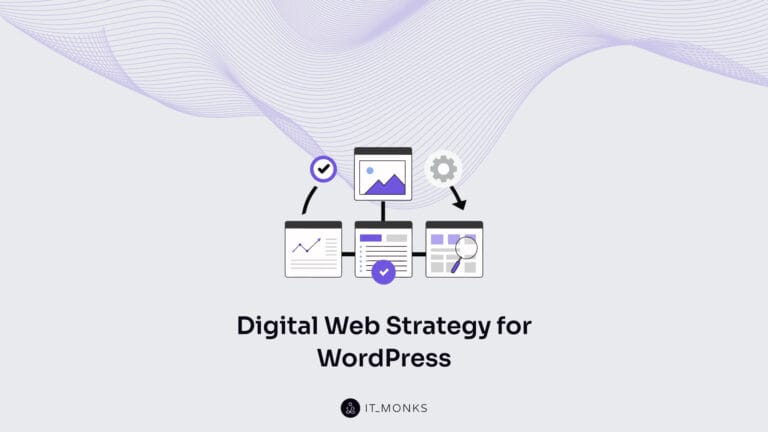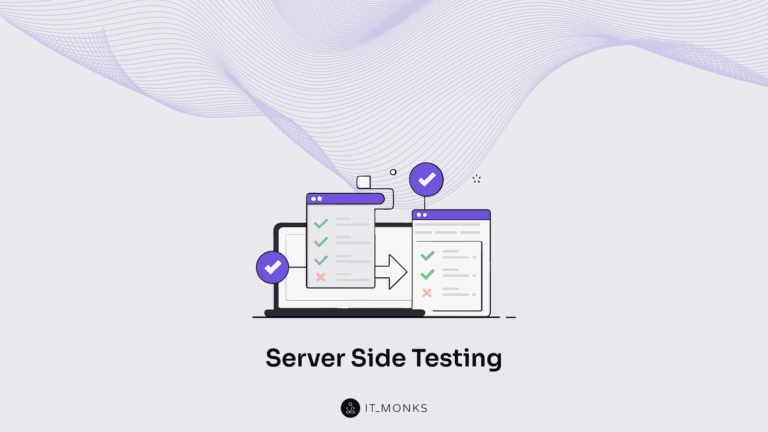How to Future-Proof Your Website: European Accessibility Act 2025 Compliance
Table of Contents

Governments worldwide recognize the importance of making their websites accessible to all individuals, including those with disabilities. This commitment is being reinforced in the European Union by enforcing the European Accessibility Act (EAA) starting from June 2025. While initially focused on government websites, the scope of the EAA extends to include eCommerce platforms, including webshops. With almost 20% of the European population having a physical or mental disability, businesses must ensure their websites comply with the accessibility guidelines outlined in the EAA. By doing so, they can help bridge the digital divide and provide equal access to services and products for millions of people in the European Union.
Today, having an accessible website is not just a nice-to-have feature but a legal requirement. With the European Accessibility Act 2025 coming into effect, businesses must ensure their websites comply with its guidelines. This article will delve into the European Accessibility Act, its implications for web accessibility, and how you can future-proof your website to meet these compliance requirements.
Understanding the European Accessibility Act
The European Accessibility Act is a legislative measure adopted by the European Union to ensure equal access to goods and services for persons with disabilities. It aims to make products and services, including websites, more accessible to individuals with disabilities across member states. The Act covers many areas, including public transportation, communication technology, and websites.
The European Accessibility Act, or Directive 2019/882, is a significant EU law that mandates the accessibility of certain products and services for individuals with disabilities. This law was established following the EU and Member States’ commitment to accessibility upon ratifying the United Nations Convention on the Rights of Persons with Disabilities.
The European Accessibility Act aims to improve the lives of approximately 87 million people, which accounts for nearly one in five Europeans, including older individuals and those with temporary impairments. By implementing new regulations, this act will enhance accessibility to public transportation, banking services, computers, televisions, e-books, online stores, and much more. For individuals with disabilities, accessibility is crucial for equal participation in society.
The Act’s common accessibility requirements will benefit both companies and customers. Companies, especially small and medium-sized enterprises (SMEs), will experience smoother trading with other EU countries and gain confidence in selling their products and services throughout the EU. Furthermore, the Act will encourage innovation, resulting in a wider range of socially inclusive offerings at more competitive customer prices.
In addition, common accessibility requirements are advantageous for everyone as they assist in various situations, such as low-light or high-noise environments. For instance, ATMs with visual and audible signals indicating the card insertion and money withdrawal locations can benefit all individuals.
Web Accessibility and the WCAG Guidelines
Web accessibility refers to the practice of designing and developing websites that can be accessed and used by people with disabilities. To achieve web accessibility, many organizations adhere to the Web Content Accessibility Guidelines (WCAG), which provide comprehensive recommendations for making websites more accessible.
The European Accessibility Act aligns itself with the WCAG guidelines, making them the benchmark for compliance. The WCAG guidelines have four principles: perceivable, operable, understandable, and robust. These principles encompass various aspects of web accessibility, such as providing alternative text for images, ensuring keyboard accessibility, using clear and understandable language, and creating websites compatible with different assistive technologies.
What Should Businesses Do to Implement EAA?
Businesses selling products and services covered by the European Accessibility Act should review their country’s national laws and regulations to meet compliance requirements. They have a three-year timeframe to ensure their products and services align with the common EU accessibility requirements. The European Accessibility Act (Directive 2019/882) is a significant EU legislation that mandates accessibility for individuals with disabilities across various everyday products and services. It stems from the EU and Member States’ commitment to accessibility upon ratifying the United Nations Convention on the Rights of Persons with Disabilities.
Does EAA Apply to Your Business?
The European Accessibility Act applies to many companies and organizations operating within the European Union. If your company falls under any of the following categories, the Act likely applies to you:
- Public sector bodies. This includes government agencies, public institutions, and organizations funded by public money.
- Private sector companies providing essential services. If your company provides essential services such as banking, healthcare, transportation, or telecommunications, it is likely to be covered by the Act.
- eCommerce platforms. If your business operates an e-commerce platform, the Act applies to you, as online shopping has become an integral part of the modern economy.
- Websites that are publicly funded. If your website is funded by public money, such as a government or nonprofit organization, it is subject to the Act’s guidelines.
How to Future-Proof Your Website
To ensure your website is future-proof and compliant with the European Accessibility Act, consider implementing the following steps:
- Conduct an accessibility audit. Start by assessing the accessibility of your website by conducting an accessibility audit. This will help identify areas that need improvement and provide a roadmap for making necessary changes.
- Implement WCAG guidelines. Familiarize yourself with the WCAG guidelines and work towards implementing them on your website. Ensure that your website is perceivable, operable, understandable, and robust.
- Provide alternative text for images. Include descriptive alternative text for images, allowing individuals using screen readers to understand the context of the image.
- Improve keyboard accessibility. Ensure that all interactive elements on your website, such as menus and forms, can be easily accessed and used using a keyboard alone. This is essential for individuals who cannot use a mouse.
- Enhance color contrast. Ensure that there is sufficient contrast between text and background colors to make it easier for individuals with visual impairments to read the content.
- Offer text alternatives for multimedia. Provide text transcripts or captions for videos and audio content to make them accessible to individuals who are deaf or hard of hearing.
- Test with assistive technologies. Regularly test your website using assistive technologies such as screen readers and voice recognition software to ensure it functions seamlessly for individuals with disabilities.
Final Words
In conclusion, the impending implementation of the European Accessibility Act 2025 underscores the critical importance of web accessibility for businesses operating in Europe. Ensuring compliance with the Act’s guidelines is a legal necessity and a powerful means of promoting inclusivity and equal access to information and services.
To future-proof your website and meet the evolving requirements of web accessibility, consider partnering with a team of experts specializing in web development. As a professional web development company, IT Monks possesses the knowledge and expertise needed to navigate the complexities of the European Accessibility Act 2025. We can help you revamp your website to meet compliance standards while creating remarkable custom WordPress and WooCommerce websites prioritizing accessibility.
The first step toward a more inclusive digital future is embracing web accessibility today. Contact IT Monks, your trusted partners in web development, and ensure your website complies with the law and provides an exceptional online experience for all users. Together, let’s build a more accessible and inclusive online world.
Contact
Don't like forms?
Shoot us an email at [email protected]




